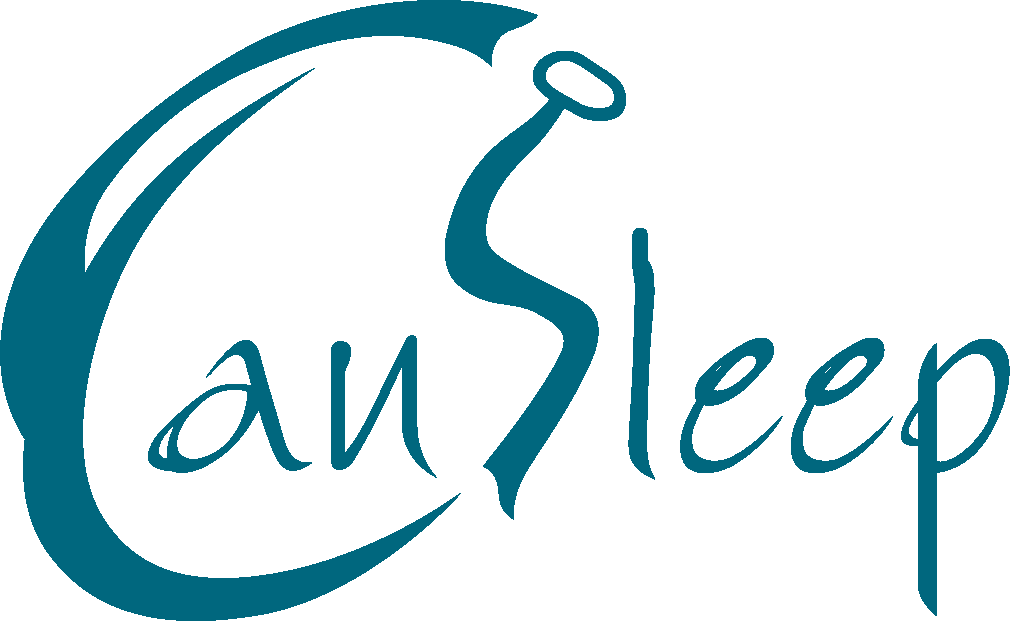Insomnia Versus Sleep Apnea
Aug. 14, 2015Although both sleep apnea and insomnia are sleeping disorders and have common signs and symptoms such as; tiredness, lack of energy, difficulty concentrating and irritability, they are very different and require different approaches for treatment. To help you understand the differences between two check out the following chart.
| Insomnia | Sleep Apnea | |
| Common signs and symptoms | Difficulty initiating sleep (longer than 30 minutes)Difficulties maintaining sleep. Waking up often during the night and having trouble going back to sleepEarly morning awakenings. Half an hour before your alarm goes off | Episodes of apnea (stop breathing)Gasping and/or chocking during sleepMorning headacheSnoring
High blood pressure |
| Types | Primary insomnia: Having sleep problems that are not directly associated with any other health condition or problem.
Secondary insomnia: Having sleep problems because of something else such as: depression, arthritis, pain, heartburn, medication’s side effect, alcohol intake. Insomnia also varies in how long it lasts and how often it occurs. It can be short-term (transient/acute insomnia) or can last a long time (persistent/chronic insomnia). |
Obstructive Sleep Apnea: Airway collapses & prevents air from getting into the lungs.
Central Sleep Apnea: Brain’s respiratory control center is imbalanced and doesn’t send respiration signals. Mixed Apnea:When OSA is severe and longstanding, episodes of central apnea sometimes develop |
| Causes | Significant life stressEmotional or physical discomfortEnvironmental factors like noise, light, or extreme temperaturesSome medications may interfere with sleep
Interferences in normal sleep schedule eg. Jet Lag |
Extra tissue in the back of the throatLarge tonsils and/or uvulaAirway muscle relaxation during sleepTongue falling back and closure of the airway
Genetically having narrower airway |
| Treatment | Gold Standard treatment is Behavioral Therapy for Insomnia (CBT-I): Behavioral approaches help you to change behaviors that may worsen insomnia and to learn new behaviors to promote sleep.
Techniques such as relaxation exercises, sleep restriction therapy, and reconditioning may be useful. Avoid using over-the-counter sleeping pills because they may have undesired side effects and tend to lose their effectiveness over time |
Gold Standard treatment is PAP therapy: Gentle flow of positive-pressure air by a machine through a mask.
Mandibular advancement devices: Oral appliance that holds the lower jaw and tongue forward making more space to breathe and prevents airway obstructionSurgeries such as: Uvulopalatopharyngoplasty Tonsillectomy and/or adeniodectomy Radiofrequency ablation (RFA) Nasal septoplasty/ polypectomy |
If you believe you are suffering from Insomnia. You could contact Allison at [email protected] who is our cognitive behavioural therapist for insomnia (CBT-I) at Cansleep.
By Bahareh Ezzati (BSc, CPhT, RRT)
Reviewed by Allison Briggs (CBT-I)






